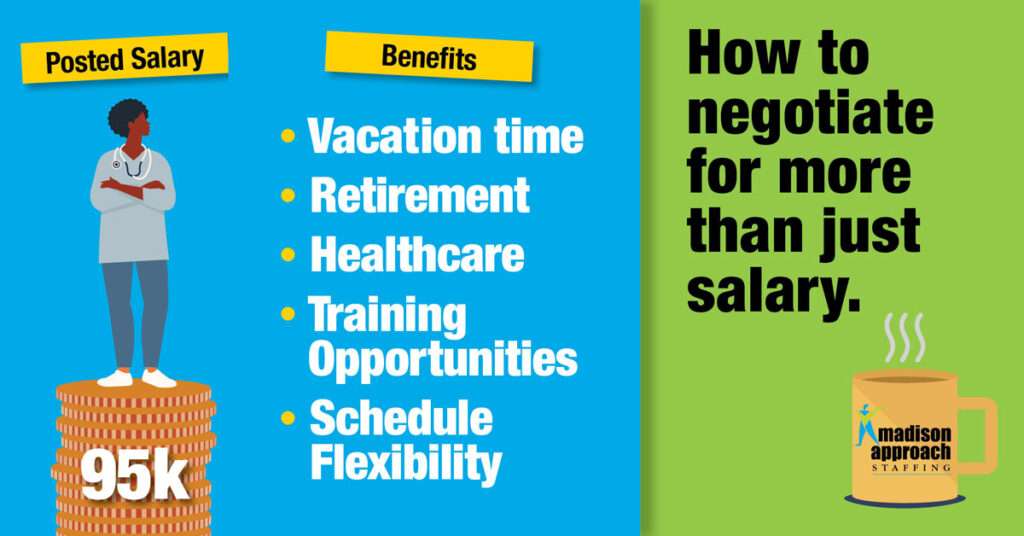For those of you who might have missed it, there is a new salary transparency law that went into effect November 6, 2022. This new law requires Westchester employers with at least four employees to disclose a minimum and maximum salary range for job, transfer, or promotion opportunities “performed within Westchester County, whether from an office, in the field, or remotely” in all job postings. This comes on the heels of a similar law in New York City and a recently signed New York State law taking effect September 2023. So, what does this mean for you in your job search and potential salary negotiations?
- Salary information is fully transparent: You will now have the proposed salary range in the job posting, so the compensation mystery has been solved. Full transparency empowers you to decide upfront whether the income being offered is satisfactory before you put the effort in of applying, interviewing, and negotiating. It also gives you a chance to contrast and compare employers.
- Where do your qualifications fit within the posted range? Job seekers will need to consider where their experience and qualifications puts them on the salary range scale. Look for details about what education credentials, qualifications, and prior experience warrant the higher range before submitting your resume and cover letter. If you feel you deserve the higher range, make sure your resume aligns with what the posting requires. Be careful about automatically assuming you will get the higher range without the qualifications, as it may derail your credibility.
- There is more to negotiate than just a salary. There are other job benefits to negotiate, like vacation time, schedule flexibility, family leave, healthcare, retirement contributions, training, promotion potential, and more. Don’t underestimate the value of these items to your work/life balance and long-term job satisfaction.
- Preparation is important. Most people succeed or fail in a negotiation based on how well-prepared they are. Do your research on industry norms as well as the organization’s track record. Write down what is important to you. What is non-negotiable and what is flexible? Adhere to the 80/20 rule – 80% of negotiation is preparation and 20% is the actual negotiation. Doing due diligence and being prepared is never a waste of time.
- It’s a small world. Your professional reputation is important so always be polite and respectful and tell the truth. Lies are easily uncovered online and people are more connected now than ever before. It’s unlikely you’ll get away with embellishing experience and credentials for long.
- Negotiate in good faith. Be realistic about what you’re asking for and never negotiate for fun of it, as that would be a waste of everyone’s time. It’s expected that you will confidently advocate for yourself, but remember there is a line that can be crossed. Being overly-aggressive can be interpreted as combative or arrogant, which risks alienating a potential employer or colleague right out of the gate.
- What if the salary range is too low? If you feel passionate about the job and the organization, you can always take a shot and make the case for a higher wage, but you now know going in what you are up against due to the new transparency law. Be prepared to make the case for your worth and value-add to the organization. Additionally, you can always discuss a promotion and salary increase plan based on performance.
- Get everything in writing: Once you’ve successfully discussed and negotiated the details of accepting the job, get everything in writing. Memories can fail, or the conditions of your hiring may not get communicated to your actual team leader. Be prepared to write up everything agreed to and submit to the appropriate person to make sure it is all documented and everyone is on the same page.
Salary transparency laws have simplified the old cat and mouse game of what to ask for in compensation, but there’s still plenty of negotiating room for the long-term job satisfaction and success, so prepare and practice your delivery. Lead on!

